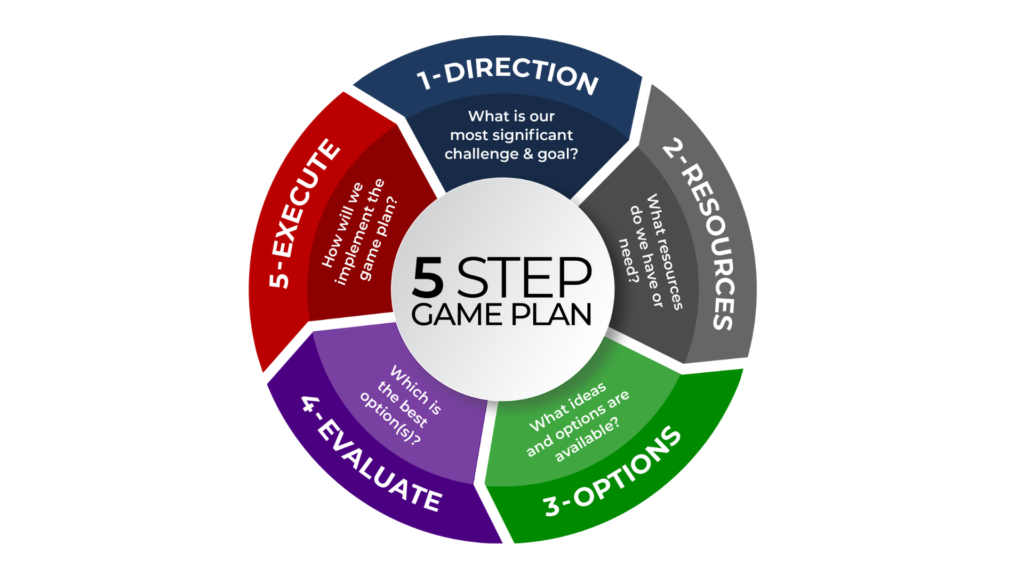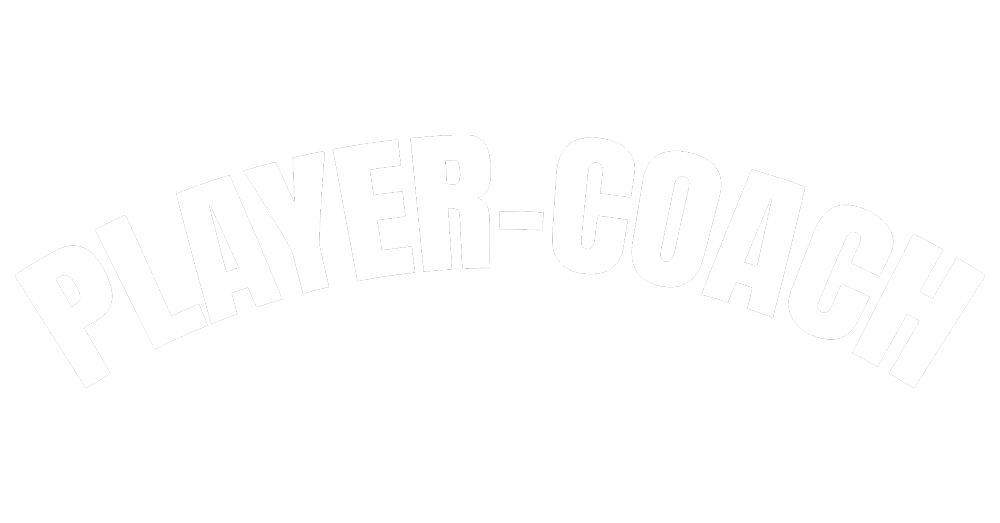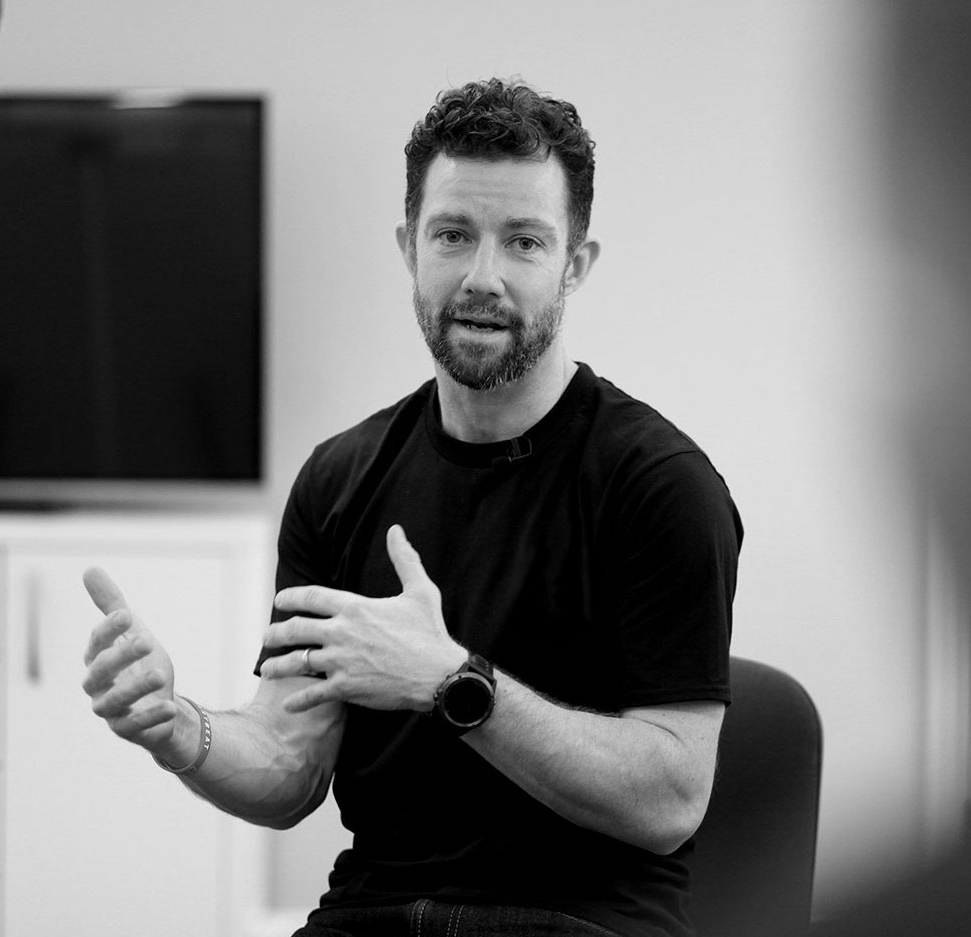Why Most Player-Coaches Struggle to Mentor Effectively
You’ve built a successful career in recruitment. Now, you’re responsible for mentoring your team, helping them grow into high performers.
But instead of feeling in control, you might be:
❌ Answering the same questions over and over again.
❌ Seeing team members plateau because they aren’t developing fast enough.
❌ Feeling stretched too thin, trying to balance personal billings and leadership.
The problem? Most Player-Coaches don’t have a structured approach to mentoring.
Great mentors don’t just offer advice when asked—they follow a system that develops independent, high-performing consultants.
If you want to scale your team without being the crutch they lean on, you need a structured mentorship plan.
Why Most Recruitment Leaders Fail at Mentorship
Most billing managers focus on quick fixes, not long-term development.
❌ They step in to fix problems, but their consultants never learn.
❌ They focus on numbers but don’t develop real recruitment skills.
❌ They tell people what to do instead of helping them think for themselves.
The result? Their team never reaches top-biller status, and they stay stuck in firefighting mode.
The best Player-Coaches follow a 5-Step Mentorship Plan that builds self-sufficient, high-performing recruiters.
The Player-Coach 5-Step Mentorship Plan for 1:1 Development

If you want to stop micromanaging and start mentoring, follow this five-step framework for 1:1 coaching:
Step 1: Direction – Get Aligned on Their Goals
Every recruiter on your team needs clarity on:
📍 Where they are now.
📍 Where they want to be in 6 or 12 months.
📍 What specific skills and results they need to achieve.
Your role as a mentor is to help them define their path—not to define it for them.
🚨 The mistake most leaders make? They focus only on revenue targets.
💡 Instead, ask:
- “What do you want to be known for in recruitment?”
- “Where do you see yourself in 12 months?”
- “What skill, if mastered, would have the biggest impact on your success?”
🎯 Action Step: In your next 1:1, have them define one personal growth goal and one performance goal.
Step 2: Resources – Identify Strengths and Gaps
A great mentor leverages strengths and fills gaps.
Ask yourself and your consultant:
🔹 What skills do they already have that they can maximize?
🔹 Where are they struggling the most?
🔹 What tools, training, or coaching can help them improve faster?
Most recruitment leaders assume their team has what they need. Great mentors ask.
🎯 Action Step: Have them self-assess their top three strengths and three development areas. Create a plan based on real gaps, not assumptions.
Step 3: Options – Encourage Their Own Problem-Solving
Many Player-Coaches make the mistake of always giving answers. But great mentors help their team think for themselves.
Instead of jumping in with solutions, ask:
💡 “What are three ways you could approach this challenge?”
💡 “If I wasn’t here, what would you do?”
💡 “What’s worked in the past that we can build on?”
The more your team learns to solve problems independently, the faster they become top billers.
🎯 Action Step: Next time they bring you a challenge, don’t give them an answer immediately. Ask at least two coaching questions first.
Step 4: Evaluate – Help Them Choose the Best Solution
Not every idea is a great idea. Your role as a mentor is to help them cut through the noise and focus on what works.
Guide them by asking:
⚖️ What’s the easiest, most effective next step?
⚖️ What’s a simple, low-risk way to test this approach?
⚖️ What’s the biggest bottleneck, and how do we remove it?
Most mentors overload their team with too much at once. Keep it simple and focus on one key action at a time.
🎯 Action Step: At the end of each mentoring session, have them commit to ONE key action for the week ahead.
Step 5: Execute – Build Accountability
🚨 The biggest reason mentorship fails? No follow-through.
Advice means nothing without action.
Make sure your team actually implements what they learn by:
✅ Setting clear action steps after every mentoring session.
✅ Checking in at the next 1:1 to see if they followed through.
✅ Holding them accountable—not by punishing failure, but by reinforcing progress.
🎯 Action Step: In your next 1:1, ask:
- “What did you implement from our last conversation?”
- “What results did you see?”
- “What’s the next small step to build on that progress?”
The best Player-Coaches don’t just mentor once in a while—they make it a habit.
What Happens If You Don’t Mentor Effectively?
If you only manage instead of mentor:
❌ Your team will stay stuck at an average level, never reaching top-biller status.
❌ You’ll always be the go-to for every problem, draining your time and energy.
❌ Your best recruiters will leave for leadership that actually invests in them.
But when you mentor with a structured system:
✅ Your team grows into independent, high-performing consultants.
✅ You free yourself from micromanagement and can focus on leadership.
✅ Your best recruiters stay longer because they’re developing and progressing.



